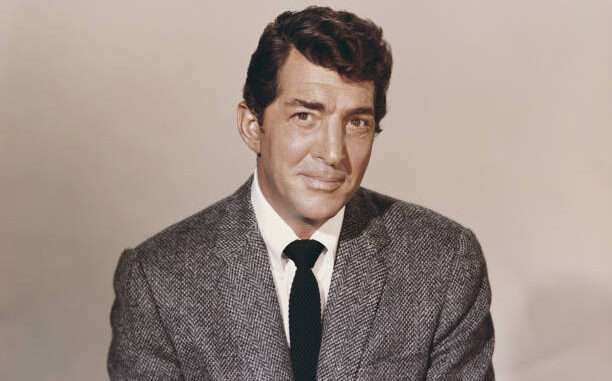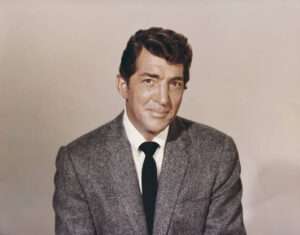
How Elvis Presley’s 1968 Comeback Continues to Inspire Today’s Music Legends
When Elvis Presley stepped onto the stage for his televised 1968 “Comeback Special,” he wasn’t just making a return to live performance — he was reclaiming his place as the King of Rock and Roll. After years of focusing on Hollywood films and slipping from the forefront of popular music, Elvis’ return to live performance was both a personal and professional resurrection. More than five decades later, the spirit of his comeback continues to inspire some of today’s biggest artists across genres.

The 1968 special, officially titled Singer Presents…ELVIS, was raw, emotional, and electrifying. Dressed in black leather and performing in an intimate, stripped-down setting, Elvis reminded the world of his incredible charisma, vocal power, and unmatched stage presence. This wasn’t just nostalgia — it was a bold reassertion of artistic identity. For many modern artists, Elvis’ comeback stands as a blueprint for how to reconnect with audiences, reinvent personal brands, and overcome industry setbacks.
Artists like Beyoncé, Eminem, and Taylor Swift have all executed their own versions of a “comeback,” often citing the need to return to authenticity and passion, just as Elvis did. For example, after personal challenges and public scrutiny, Beyoncé’s Lemonade was both a reinvention and a powerful statement of artistic freedom. Similarly, Eminem’s return with Recovery saw him confronting his demons and reestablishing his place in hip-hop, much like Elvis’ raw performances in 1968 reflected his own struggles and triumphs.
Another reason Elvis’ comeback resonates is because it emphasized the importance of live performance. In a time dominated by studio recordings, Elvis reminded the world that real connection happens onstage, face-to-face with fans. Today, with the rise of digital music and virtual performances, artists like Harry Styles and Bruno Mars have leaned heavily into the power of live shows, prioritizing that same emotional connection Elvis reignited.
Moreover, the Comeback Special underscored a crucial lesson: true artistry is timeless. Trends may change, but authenticity never goes out of style. Elvis didn’t try to chase popular sounds of the late 1960s; he leaned into what made him great in the first place — a deep love of music, a magnetic stage presence, and a voice that could move millions.
In the end, Elvis Presley’s 1968 comeback wasn’t just a moment in music history; it became a permanent reminder that reinvention, vulnerability, and passion can reignite a career and capture the hearts of new generations. It’s a lesson that today’s music legends continue to study — and one that future stars will no doubt continue to emulate for years to come.
Leave a Reply